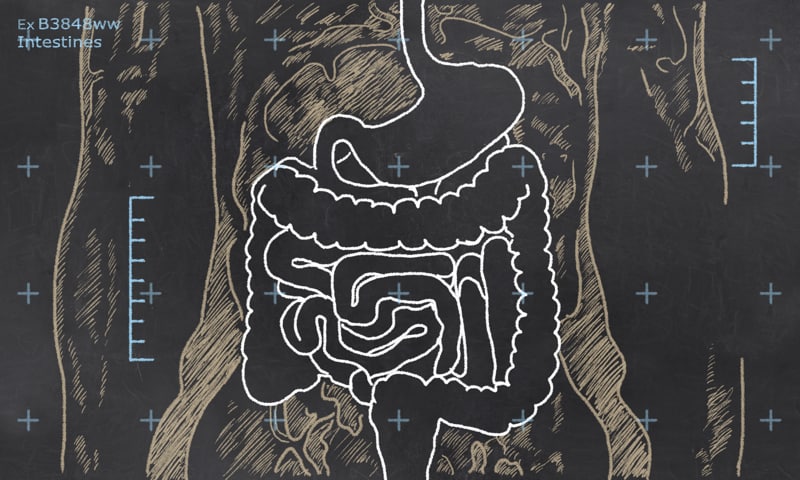
Sometimes, I really hate my own guts. And I mean that in the most literal sense of the term – my microbiome is majorly messed up, people. My poor gut health means that the bad guys are winning the Battle of the Bacteria of 2017, my intestinal permeability is leakier than a rusty bucket, and everything in my body is affected. It’s utterly frustrating, especially as someone who so consciously prioritizes health.
I’ve known that my gut is messed up for a while now (it first became very clear to me last fall, at which point I wrote Why I Stopped Treating My Adrenal Fatigue), but it became that much more obvious to me about five minutes ago, in writing the below list for this very post. As I added item after item, I realized that I have dealt with every, single one of the issues on the list below, except for #5. That’s a lot of health concerns for someone in their early thirties, don’t you think?
Gut health issues can be so, so frustrating because they generally fall into the “invisible illness” category. You don’t look that sick, and your doctor brushes you off. (If I had a nickel for every woman who took her list of complaints to her doctor, and got dismissed with a “there, there, you’re probably just tired” platitude, I’d be rich. Filthy, stinkin’ rich.)
But these issues actually affect your entire quality of life, from small ways to major ways, and everything in between. Your entire overall wellness is rooted in those tiny little bacteria in your gut. Are they balanced? Are there enough good guys? Is there diversity in the good guys? Are you free from yeast and parasites? These are absolutely vital questions.
But how do you know the answers? Well, there are definitely some lab tests that your natural health practitioner would want to run. But before you go there, check out this list. If you struggle with any of the items on this list (and most are instant red flags on their own), be aware that you could very well be dealing with an unhappy gut.
19 Warning Signs of Poor Gut Health
- Food intolerances
- Skin issues (dryness, unexplained rashes, eczema, acne, rosacea)
- Digestive upset (gas, bloating, stomach ache, acid reflux)
- Abnormal elimination (Constipation, diarrhea, etc.)
- Digestive conditions (IBS, Crohn’s, Ulcerative Colitis)
- Autoimmune disease (too many to list – Celiac Disease and Psoriasis, in my case, and possible Hashimoto’s)
- Low immune system (frequently catching colds, etc)
- Signs of depression and/or anxiety
- Candida overgrowth
- Adrenal fatigue
- Brain fog, memory issues
- Vitamin and mineral deficiencies
- Thyroid irregularities
- Constant fatigue
- Poor quality hair and nails
- Poor pallor (looking “unwell”)
- Sugar cravings
- Chronic congestion
- Daily aches and pains in muscles or joints
Many of you, dear readers, will be nodding along and counting up on your fingers how many of these apply to you. It can be overwhelming to realize the connections and the gravity of it all.
But! Hear me loud and clear here: all hope is not lost! Excellent gut health is – thankfully – totally within your power to recover. I’m currently using a variety of resources to dive deep in educating myself on gut health, and I finally have a plan of action. (More on that in a sec.)
And it’s not just the alternative health crowd talking about this stuff anymore – the mainstream medical community has begun to pick it up. Dr. Vincent Pedre, an MD instructor at the Mount Sinai School of Medicine in NYC, suffered from IBS for years before finally realizing the connection between a “happy gut” and a multitude of health conditions (it changed his life so dramatically that he wrote a book called Happy Gut. It’s on my to-read list!)
He now specializes in digestive disorders, and advises his patients to eat mostly plants, complimented by organic, grass-fed meat, with omega-3’s from nuts, seeds, and fatty fish, as well daily cultured foods like kombucha, sauerkraut, and kimchi.
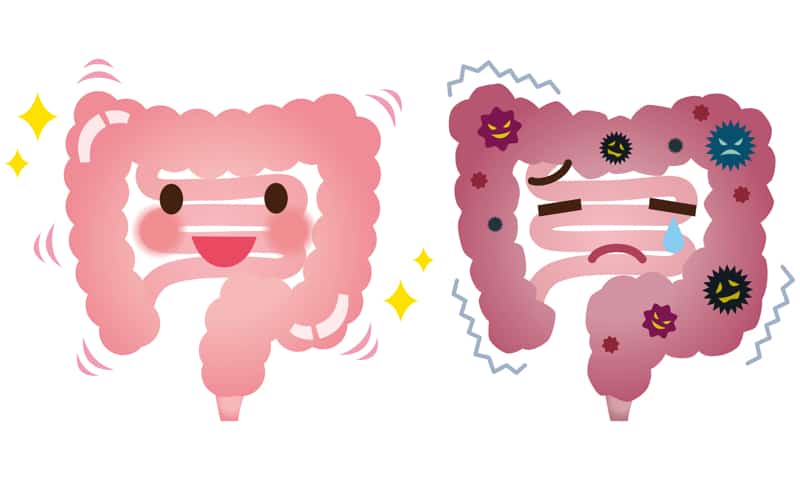
I was recently diagnosed with Celiac Disease, and have had two doctors tell me that my skin condition looks like Psoriasis (waiting on a dermatologist appointment to confirm). Celiac and Psoriasis are both autoimmune diseases, which is partly caused by poor gut health (the other parts to the equation being genes + environment).
Once I got that Celiac diagnosis, I quickly became motivated to heal my gut beyond the standard “go strictly gluten-free for life (but don’t expect your damaged intestines to ever fully recover because they usually don’t…)” Bleak, right?
I want more. So I’m soon embarking on the Autoimmune Protocol diet, which is a gut-healing diet that’s sort of similar to GAPS (a bit more restrictive at first, actually). It specifically targets autoimmune diseases.
I’m currently in the phase of reading and learning all I can about gut health, as well as the AIP diet, before I actually dive in.
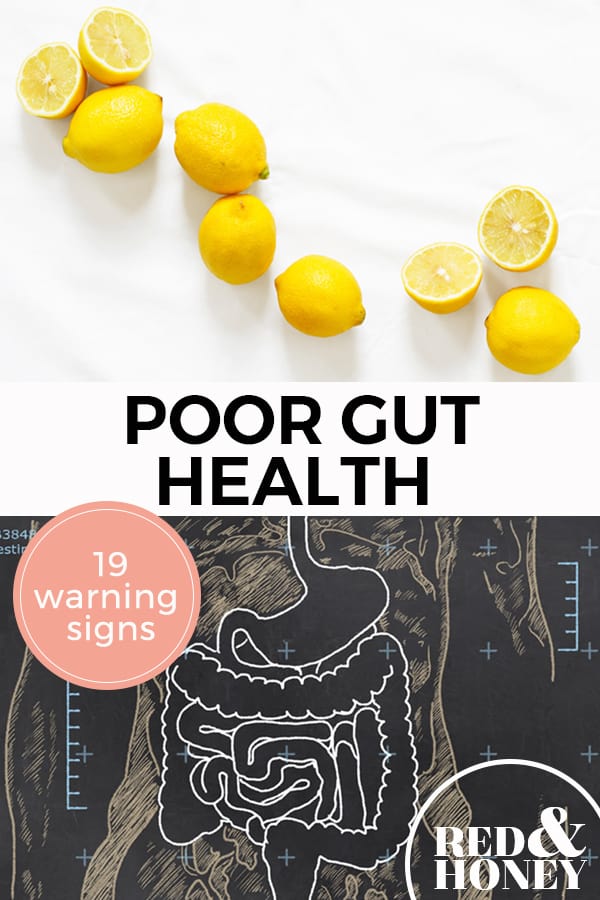

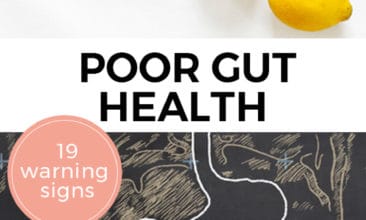
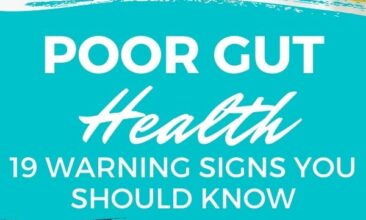
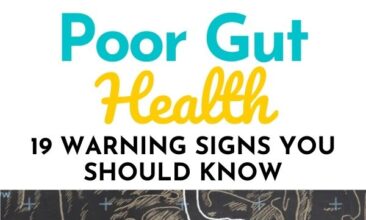

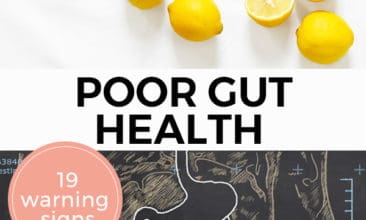












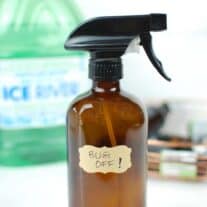






Leave a Comment